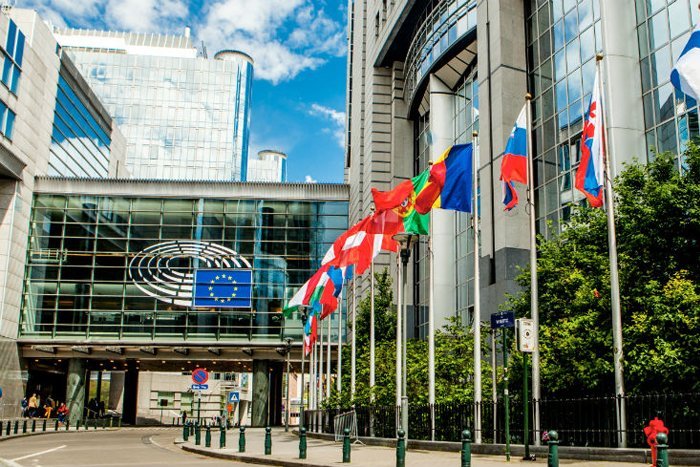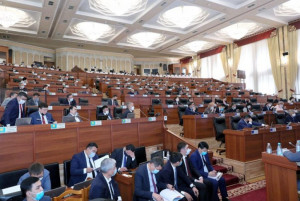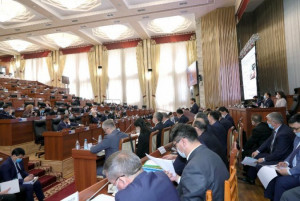Russian Senators Discussed with European Colleagues Impact of COVID-19 on Human Rights
09 June 2020

First Deputy Chair of the Committee of the Federation Council on Constitutional Legislation and State Building Irina Rukavishnikova, Deputy Chair of the Committee Aleksandr Bashkin and Member of the Committee on the Rules of Procedure and Parliamentary Governance Sergey Fabrichniy participated in the meeting of the Committee of the Parliamentary Assembly of the Council of Europe (PACE) on Legal Affairs and Human Rights via video-conferencing.
The meeting was focused on the impact of COVID-19 pandemic on human rights and the rule of law. Aleksandr Bashkin informed the participants on the situation in Russia and noted that the restrictions were strictly proportional to the threat posed by the pandemic and did not affect the rights and freedoms of citizens, enshrined in the European Convention for the Protection of Human Rights and Fundamental Freedoms.
He stressed that on short notice the additional places for emergency medical treatment were created, financial allowances to the most vulnerable persons and medical personnel were provided. The judicial system continued its performance online without affecting justice and quality of the judgments delivered by the court.
Aleksandr Bashkin also highlighted that the Russian Federation continued to cooperate with the European control mechanisms, including with the European Committee for the Prevention of Torture and Inhuman or Degrading Treatment or Punishment (CPT) on the issues of taking measures to fight COVID-19 in detention facilities.
Irina Rukavishnikova presented the introductory memorandum to the draft Report on Misuse of the Schengen System by Council of Europe Member States as a Politically-Motivated Sanction. The draft report took into account the legal provisions of the Council of Europe concerning the freedom of movement and current functioning of the Schengen information system, as well as the PACE Resolutions on Consequences of European Union Enlargement for Freedom of Movement Between Council of Europe Member States (2004) and on Inadmissibility of Restriction on Freedom of Movement as Punishment for Political Positions (2012).
Based on the report presented, Irina Rukavishnikova proposed to organize hearings with the participation of experts at one of the next Committee meetings. She noted the need to discuss the clear and universal definition of the term “political motivation” for refusal of entry, as well as to organize a meeting with the EU officials responsible for the migration policy.
Photo: www.coe.int/en/web/congress



